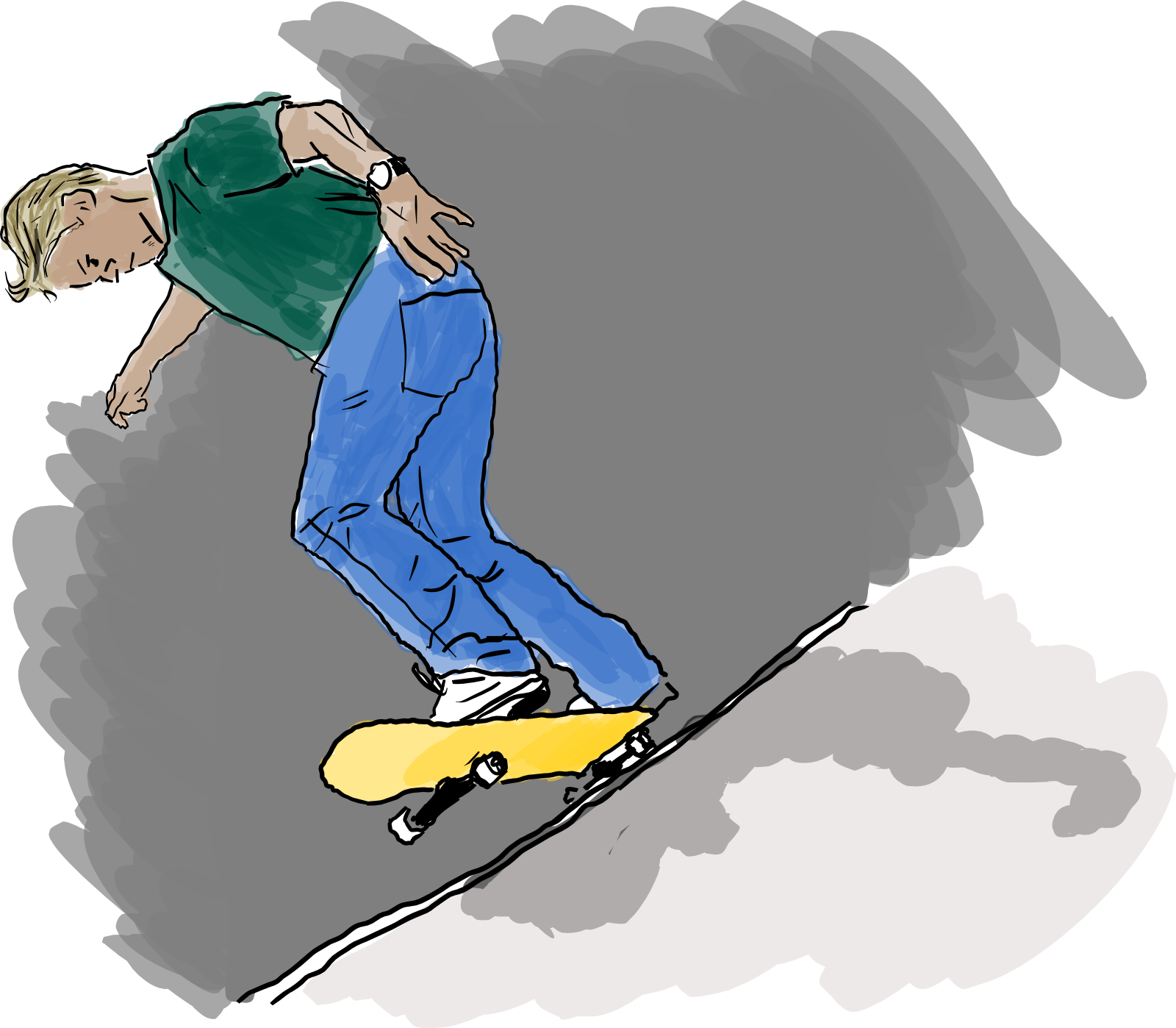-
Motivation experiment day 2
•
The main motivator to do this drawing was having committed myself to doing a drawing each day for this experiment. I had to push myself to keep to my commitment to draw this, and struggled with feeling I didn’t know what to draw. I managed that obstacle by telling myself it didn’t matter if…
-

Motivation and the secrets to getting things done – part 1 – Intrinsic and Extrinsic motivation
•
What makes you get out of bed in the morning? What makes you go to work? What makes you read a book, or sit down to watch tv? Motivation has been on my mind because one of the biggest challenges in providing effective psychological treatment for depression seems to be overcoming motivational barriers that…
-
A Cognitive Behavioural model of Obsessive Compulsive Disorder
•
The cycle of OCD begins with intrusive thoughts (obsessions). These trigger distress and attempts are made to manage distress and perceived threat by performing certain rituals known as compulsions. This provides only short-term relief.
-
At What Cost?
•
There is a cost to having more of something. That cost is having less of something else. Unfortunately we often don’t even admit to ourselves that there is a cost and consequently don’t understand why our own behaviour seems to be inconsintent with our own values, and we don’t know how to fix the…
-
The Antidote
•
Trying to achieve perfection would be a good thing if the energy it required didn’t so consistently get in the way of actually living a life that mattered to you and the people you love.
-
Compulsions: fast-acting anxiety relief! (With a price…)
•
In the beginning stages of the development of Obsessive Compulsive Disorder compulsions provide fast relief from the anxiety or distress created by intrusive thoughts – uninvited, upsetting thoughts that can pop into our minds unexpectedly. But over the long term, compulsions make the problem worse.
-
Word perfect
•
The internet can be quiet a mind field because often what you read is unaccurate. Its partly because people rope learn facts or phrases without checking there source or based on what they have miss-heard. Its probably a good idea to be weary of facts that are presented without sighting reliable sources. If you’re…
-
The Serotonin Hypothesis of Depression
•
Ever been told depression is caused by a chemical imbalance in the brain – specifically serotonin? Scientists have known for some time that this is not correct. The truth is we still don’t know what causes depression … but for some reason the serotonin hypothesis continues to be perpetuated.
